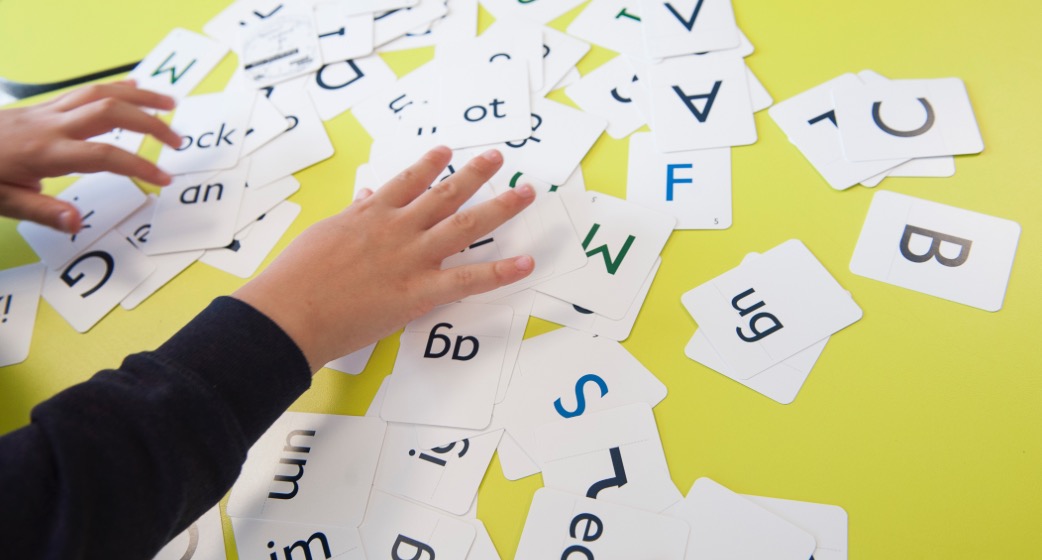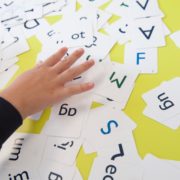Dyslexia Signs & Symptoms by Age Group
Dyslexia Signs & Symptoms by Age Group

Dyslexia Signs & Symptoms by Age Group
Preschool
Even before exposure to reading material begins in the classroom, children can demonstrate signs and symptoms of dyslexia. The disorder can affect the child’s verbal language skills, which are the precursors to reading abilities. Signs and symptoms to look for in preschool age children include:
- Mispronunciation of words (e.g., aminal instead of animal)
- The child is not as talkative as other children and vocabulary is limited
- Confuses names of objects (e.g., if you ask the child to get his/her socks, he/she will get their shoes)
- Difficulty with learning the alphabet, numbers, colors, and shapes
- Difficulty learning rhyming words (e.g., cat and hat)
Early to Mid Grade School
As academic material becomes more challenging, the signs and symptoms of dyslexia will become more pronounced, causing the child’s grades to suffer, and even causing the child emotional or self-esteem issues as a result of difficulty with reading. When children begin to learn to read, issues with phonemic awareness (i.e., decoding words into separate sounds) become apparent, along with other signs and symptoms such as:
- Confusing the sounds of the letters of the alphabet
- Inability to read small “function words” such as that, an, in
- Omitting parts of words when reading
- Confusing words that sound alike
- Poor spelling
- Difficulty sounding out words to pronounce the word correctly
- Avoidance of reading aloud in class due to embarrassment
- Slow reading
- Difficulty understanding what he/she reads
- Difficulty recalling what happens in a story
- Becoming fatigued from doing reading tasks
High School and Beyond
As the child reaches adolescence and young adulthood, dyslexia becomes evident in the teenagers understanding of more abstract and complex ideas and information. Examples of signs and symptoms include:
- Mispronunciation of names or tripping over parts of a word
- Confusing names that sound alike or difficulty remembering names
- Spoken vocabulary is smaller than listening vocabulary
- Substituting made up words when reading out loud
- Trouble promouncing uncommon, unique or strange words
- Saying “ummm” quite often while speaking due to difficulty finding words
- Continued difficulty with writing assignments and spelling
- Slow reading or lack of fluency when reading
The Pathways team of professionals has helped thousands of people with Dyslexia. We are Dedicated to effective and compassionate care for individuals with neurological challenges.
The post Dyslexia Signs & Symptoms by Age Group appeared first on Pathways Neuropsychology Associates.
Source: Pathways Neuropsychology
Dyslexia Signs & Symptoms by Age Group



